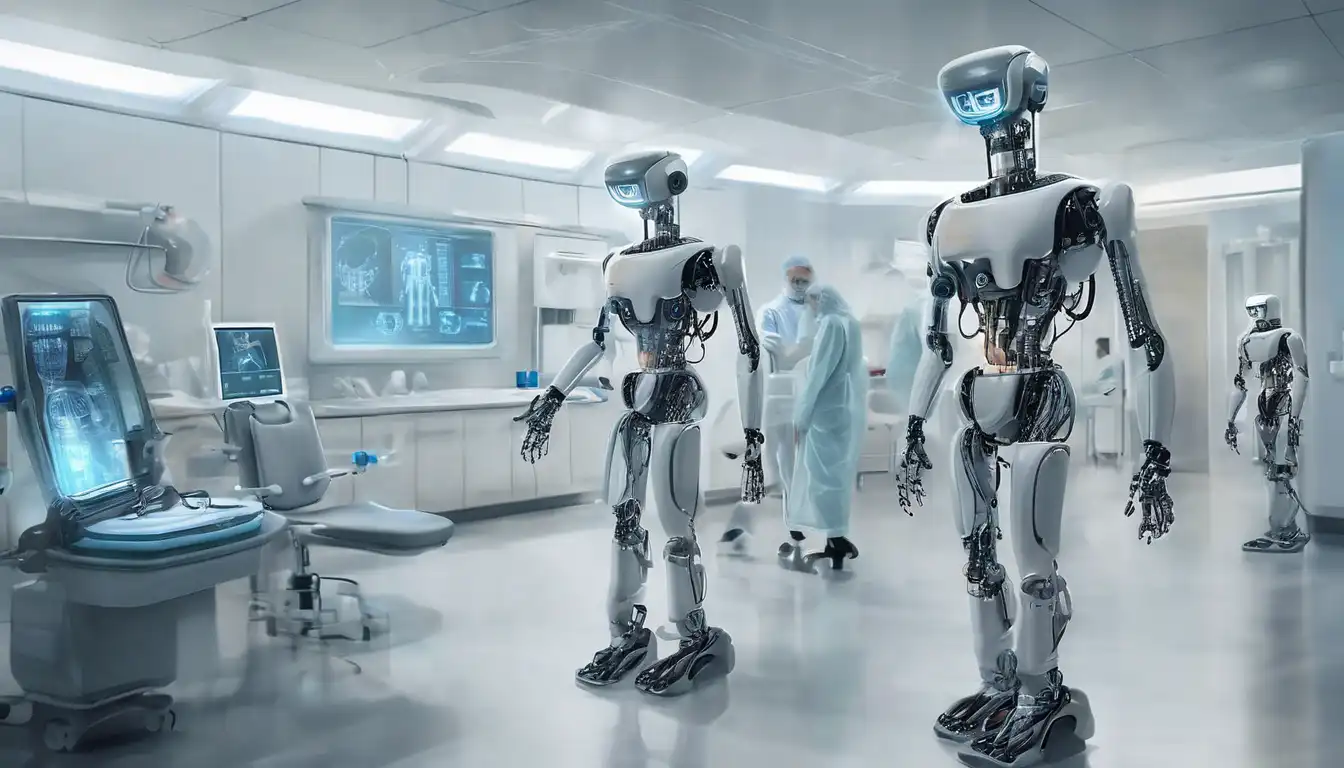The Next Era of Robotics in Healthcare
The integration of robotics into healthcare is transforming patient care, surgical procedures, and rehabilitation processes. This technological advancement is not just a glimpse into the future; it's a present reality that's reshaping the healthcare industry. From robotic surgery to automated patient monitoring systems, the potential for robotics in healthcare is boundless.
Robotic Surgery: Precision and Efficiency
One of the most significant contributions of robotics in healthcare is in the field of surgery. Robotic surgical systems, such as the da Vinci Surgical System, allow surgeons to perform complex procedures with greater precision, flexibility, and control than conventional techniques. These systems reduce the risk of complications, minimize pain and blood loss, and lead to quicker recovery times for patients.
Automated Patient Monitoring
Robotics technology has also revolutionized patient monitoring. Automated systems can now track patient vitals around the clock, alerting healthcare providers to any changes that may indicate a deterioration in the patient's condition. This continuous monitoring ensures timely interventions, improving patient outcomes and reducing the workload on healthcare staff.
Rehabilitation Robotics
Rehabilitation robotics is another area where technology is making a significant impact. Devices such as robotic exoskeletons are helping patients regain mobility after strokes or spinal cord injuries. These innovations not only improve the quality of life for patients but also reduce the physical strain on therapists and caregivers.
The Role of AI in Healthcare Robotics
Artificial intelligence (AI) plays a pivotal role in the advancement of healthcare robotics. AI algorithms enable robots to learn from data, make decisions, and perform tasks with minimal human intervention. This synergy between AI and robotics is paving the way for more personalized and efficient patient care.
Challenges and Ethical Considerations
Despite the numerous benefits, the integration of robotics into healthcare is not without challenges. Issues such as high costs, the need for specialized training, and ethical considerations regarding patient privacy and autonomy must be addressed. However, with ongoing research and development, these challenges can be overcome, making robotics an indispensable part of healthcare.
Looking Ahead: The Future of Robotics in Healthcare
The future of robotics in healthcare is bright, with ongoing advancements promising even greater improvements in patient care. As technology continues to evolve, we can expect to see more sophisticated robotic systems that can perform a wider range of tasks, from diagnostics to treatment, with unprecedented accuracy and efficiency.
For more insights into how technology is transforming healthcare, explore our articles on AI in Healthcare and Innovative Medical Devices.
